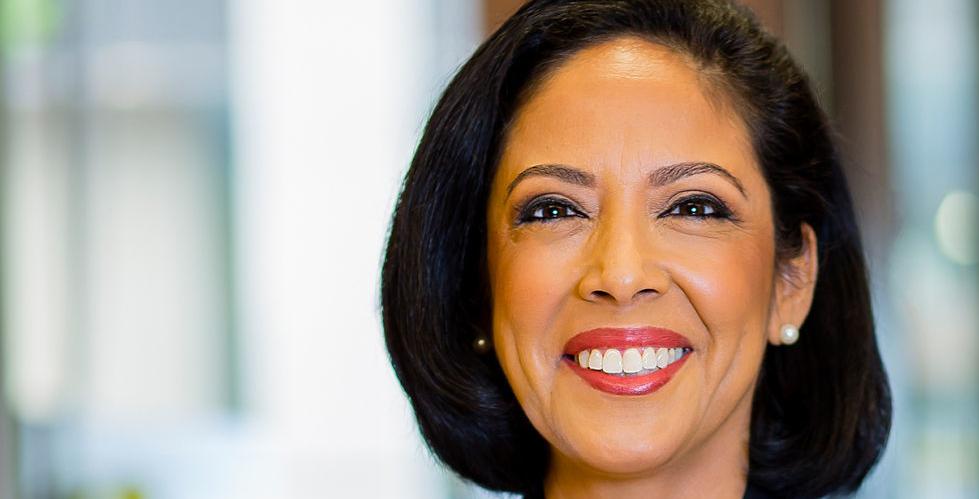A national aging expert says society is not doing enough to help people prepare for and navigate living their senior years financially secure and healthy.
Education is the key and getting information out to working adults is vital so they are prepared to live 20 to 30 years more after they turn 65, said Anna Maria Chávez, executive vice president and chief growth officer for the National Council on Aging, in an interview last week.
Chávez grew up in Eloy and her parents were in the farming industry. She worked for Govs. Jane Dee Hull and Janet Napolitano.
She will give the keynote address at a public session, “The Future of Aging — A Community Conversation”, on Wednesday, Feb. 13.
The 7:30 a.m. event is hosted by ELDER Alliance of United Way of Tucson and Southern Arizona and Pima Council on Aging. It will be at the United Way Sentinel Building, 320 N. Commerce Park Loop. The event is free and open to the public.
In testimony before the U.S. Senate’s Special Committee on Aging last year, Chávez said “a man reaching age 65 today can expect to live, on average, until age 84 and a woman until age 86. What’s more, one out of every four 65-year-olds today will live past age 90, and one in 10 will live past age 95.”
“Few Americans are prepared for the challenges and opportunities of this increased longevity. Traditional defined benefit retirement plans have mostly disappeared, and Americans’ individual savings for retirement have not caught up,” testified Chávez, who received a bachelor’s from Yale University and a law degree from the University of Arizona James E. Rogers College of Law.
Chávez said women who are in their 30s to 50s must be educated now about their retirement, and learn to invest wisely because of the pay gap. Other issues some face are that they leave their jobs early because they become a parent, or caregivers to family. This means less in Social Security benefits.
“Women of color face deeper disparity,” said Chávez. “Over 70 percent of elderly Hispanic women are economically vulnerable, one step away from dealing with a health crisis, and then not being able to afford their mortgage, or a car payment or medication.”
She said living longer also brings increased chronic disease, including asthma, diabetes, heart disease and arthritis, and with the illnesses are rising health care costs.
The national council advocates for older adults and works to find federal, state and local benefits to increase seniors’ monthly incomes so they can afford their mortgage, medical bills and food, said Chávez of the charitable organization founded in 1950.
She said the agency works to protect and improve programs such as the Supplemental Nutrition Assistance Program, formerly known as food stamps, so seniors can eat nutritious foods. It also supports Medicare and Medicaid programs and advocates for seniors’ medical needs when dealing with service providers and policymakers.
Judy Clinco, co-founder and co-chair of ELDER Alliance, a network of organizations supporting quality of life for older adults in Pima County, said participants can voice what services they feel need to improve for seniors in the Tucson area.
Chávez said she wants to hear how Tucson and surrounding communities are serving older adults to help improve their lives, and in turn, she will be asked to share how communities across the nation are bettering services for seniors.





